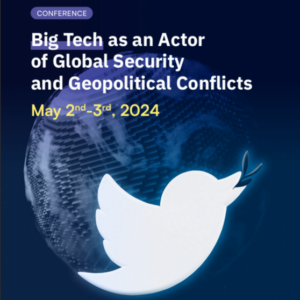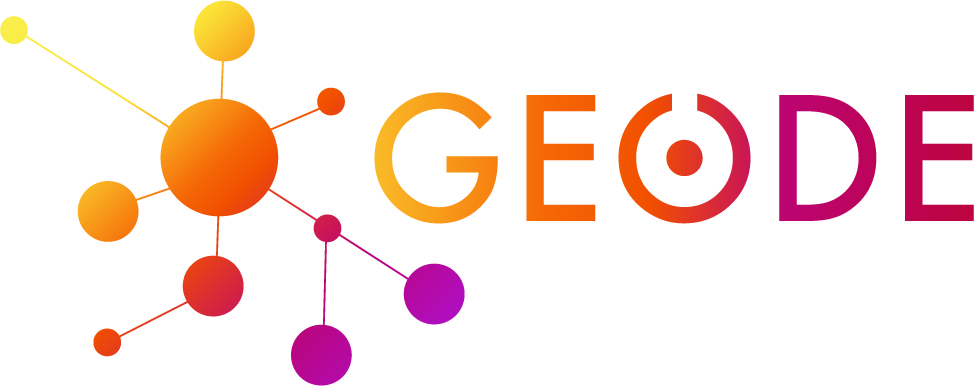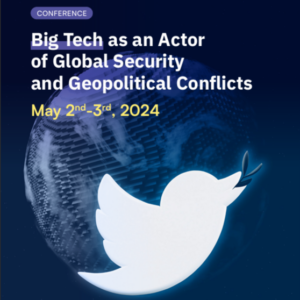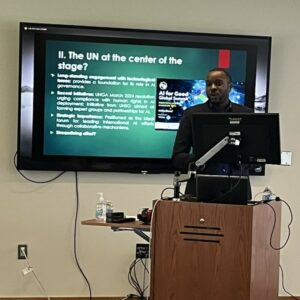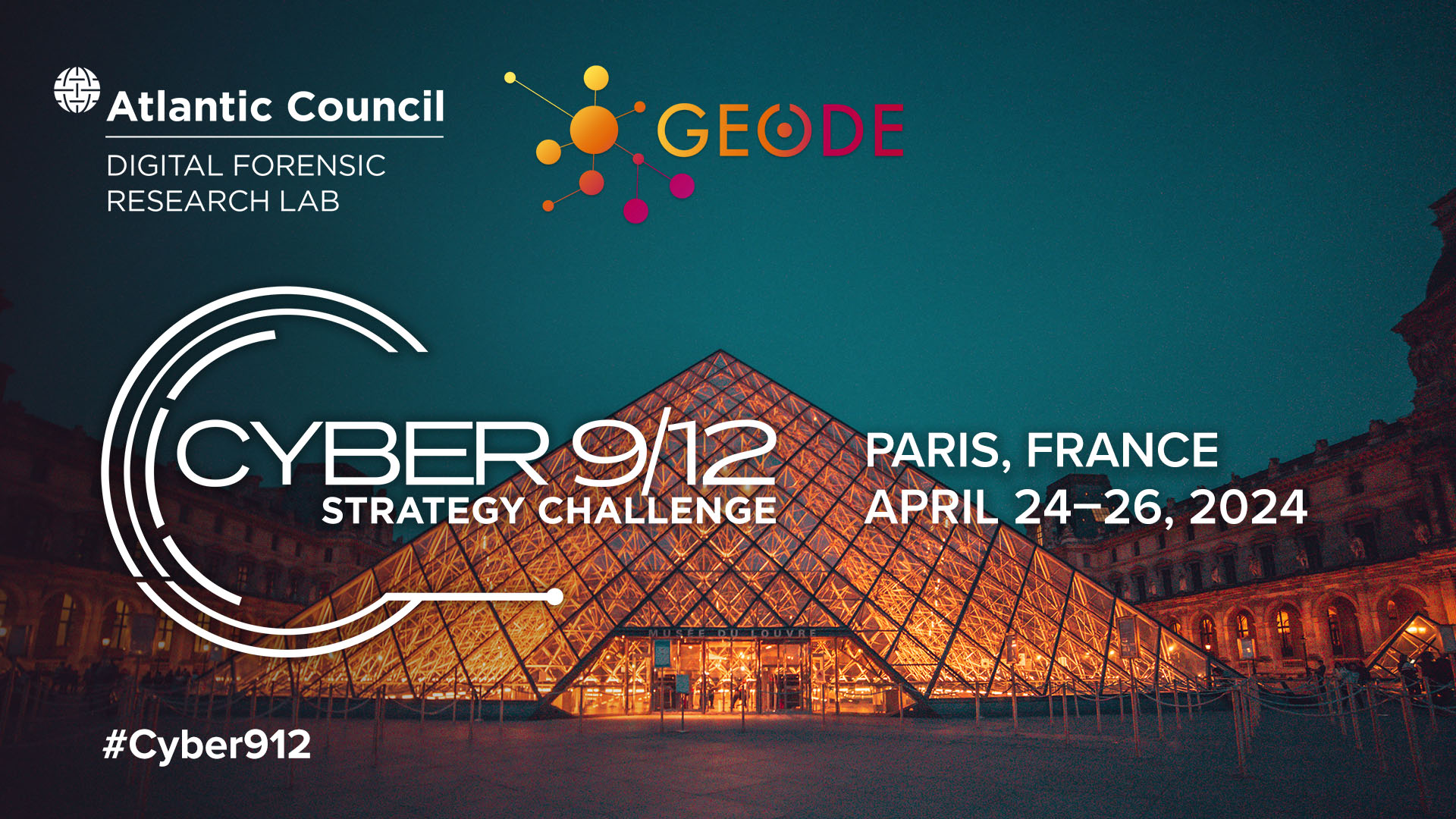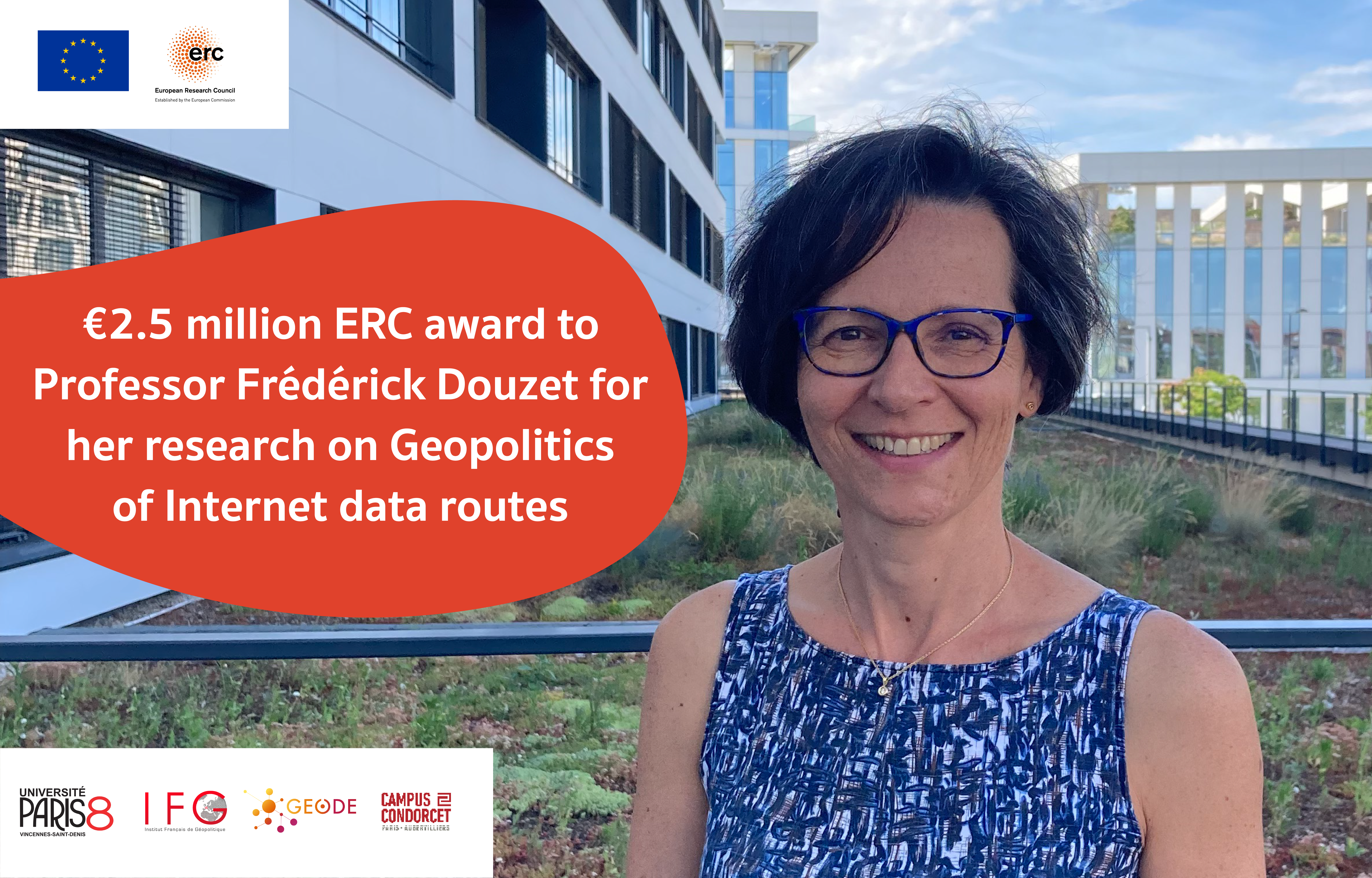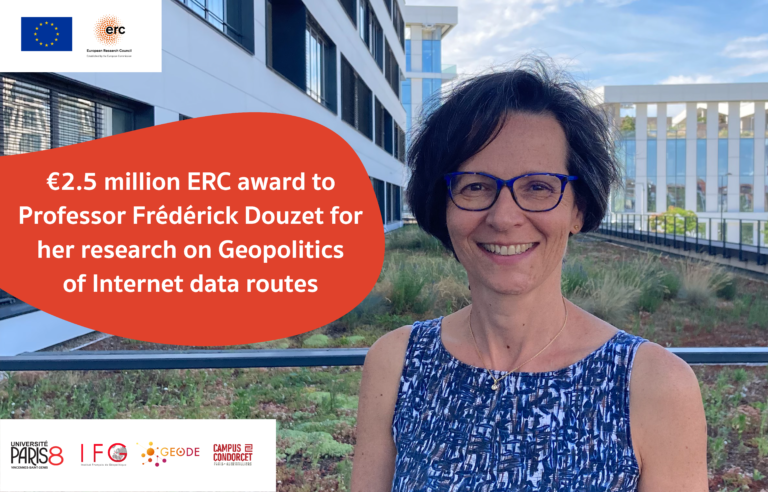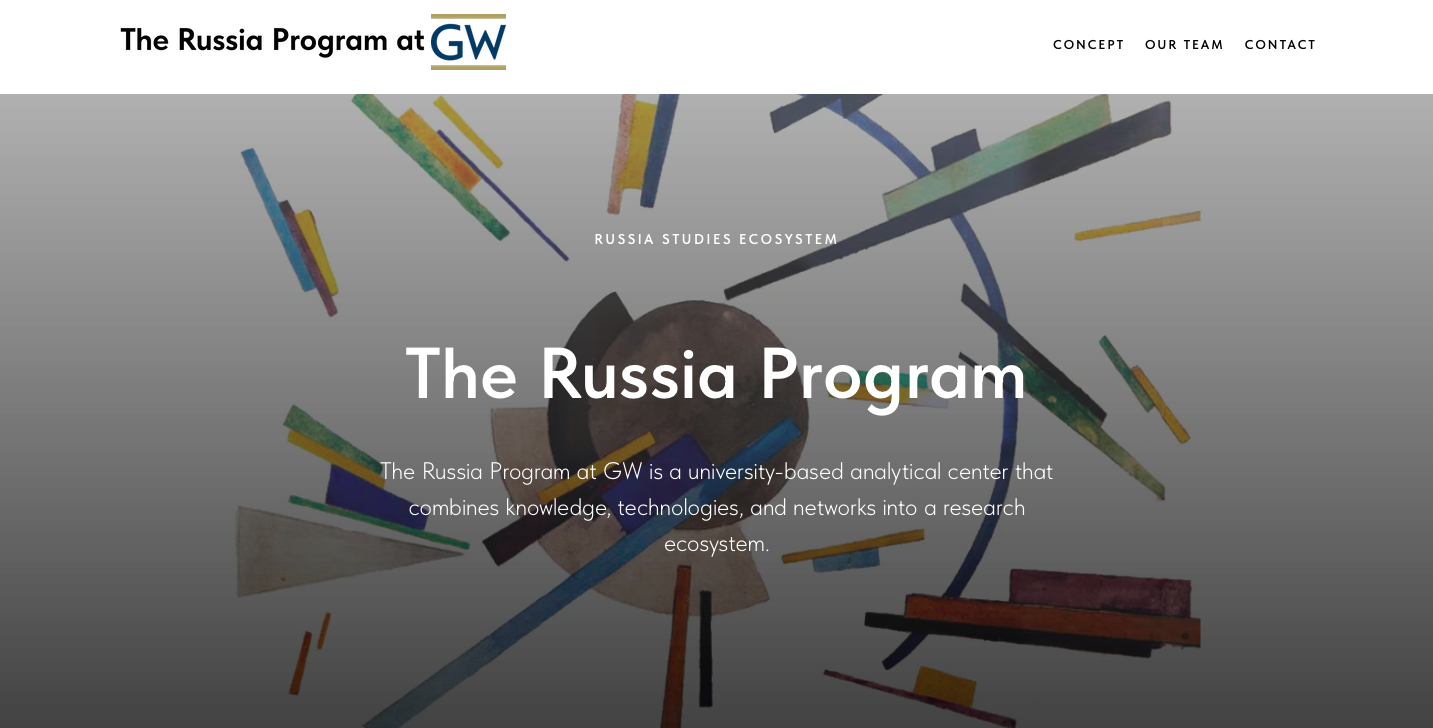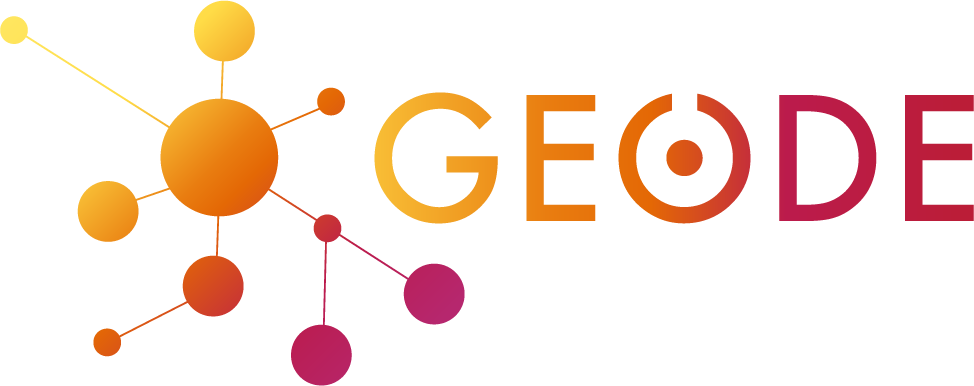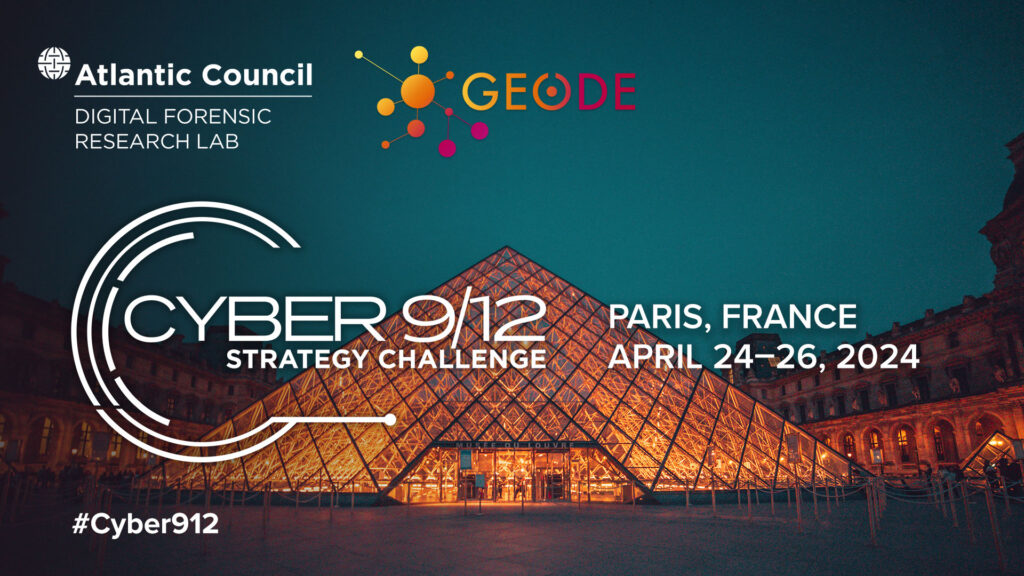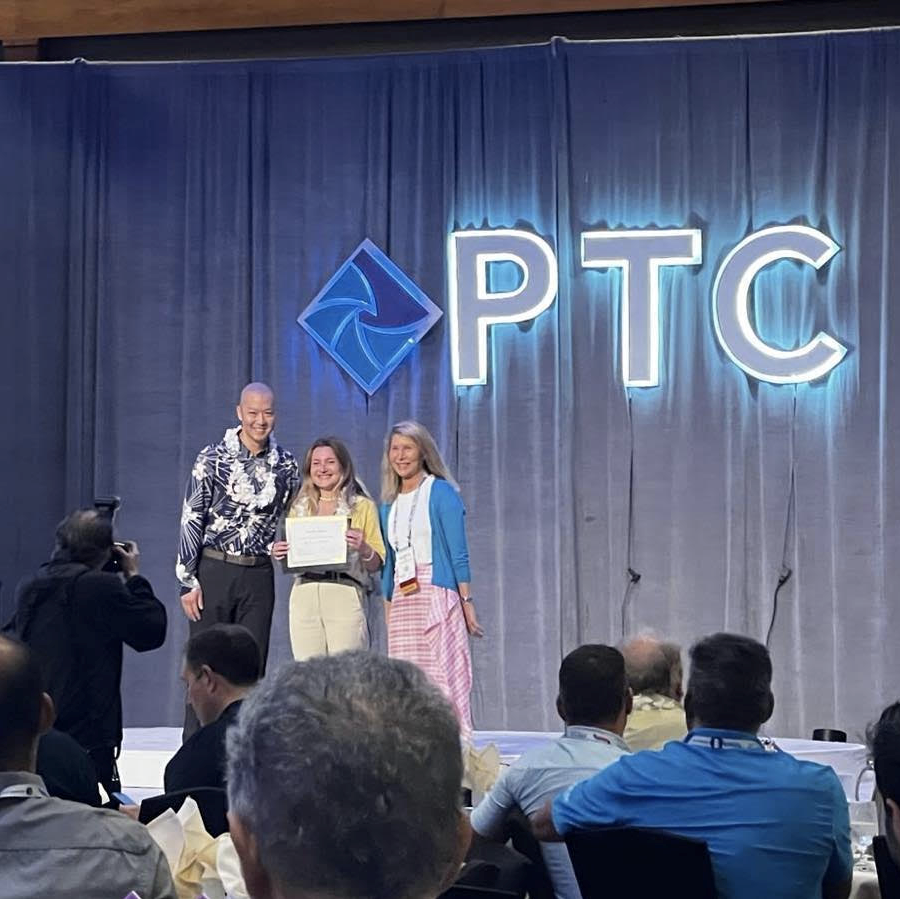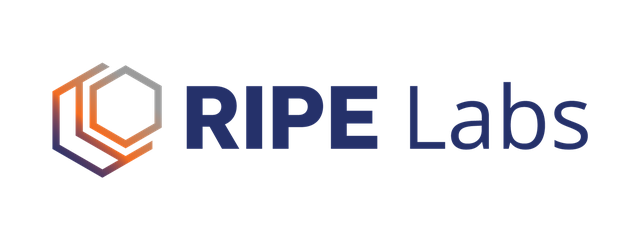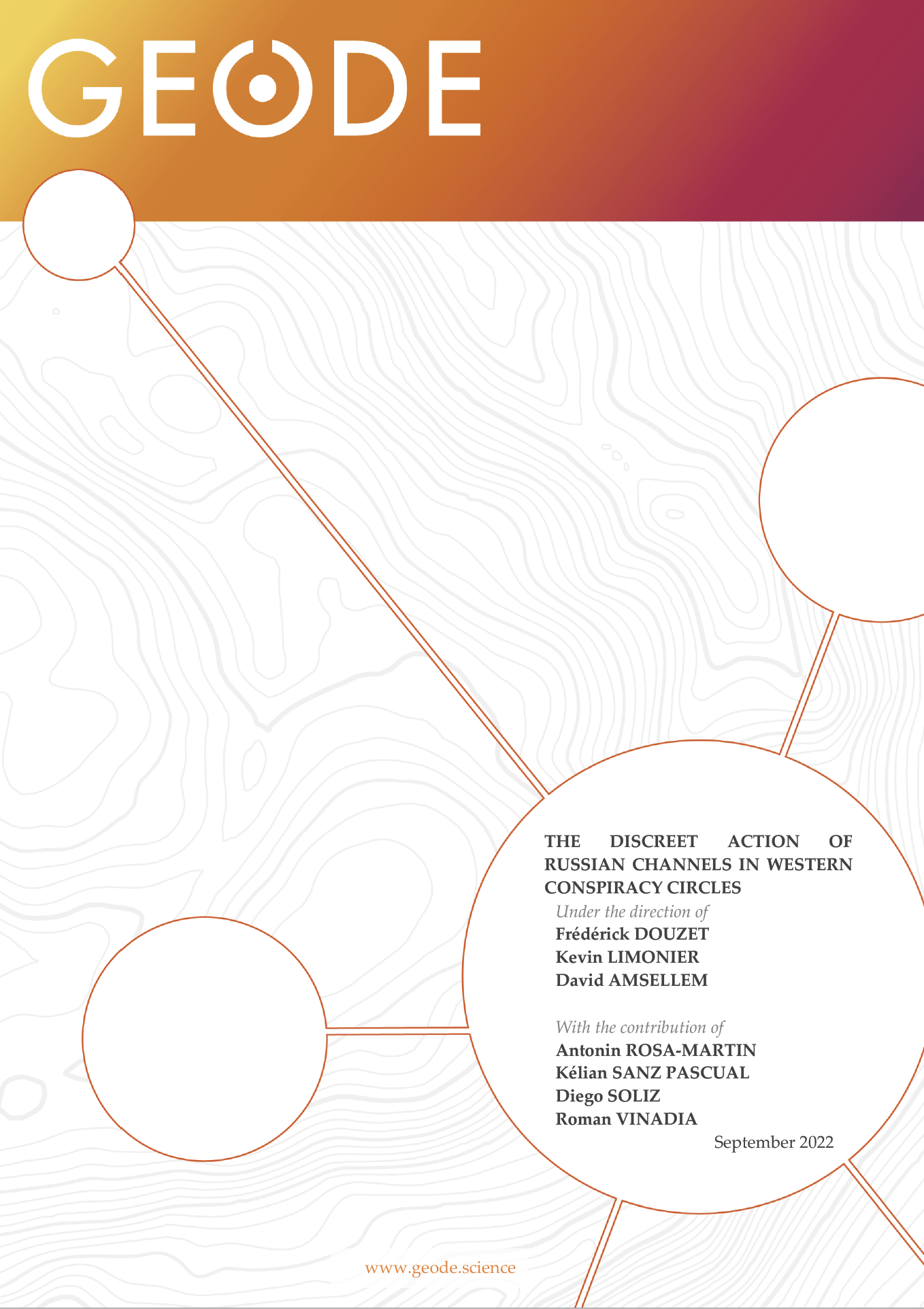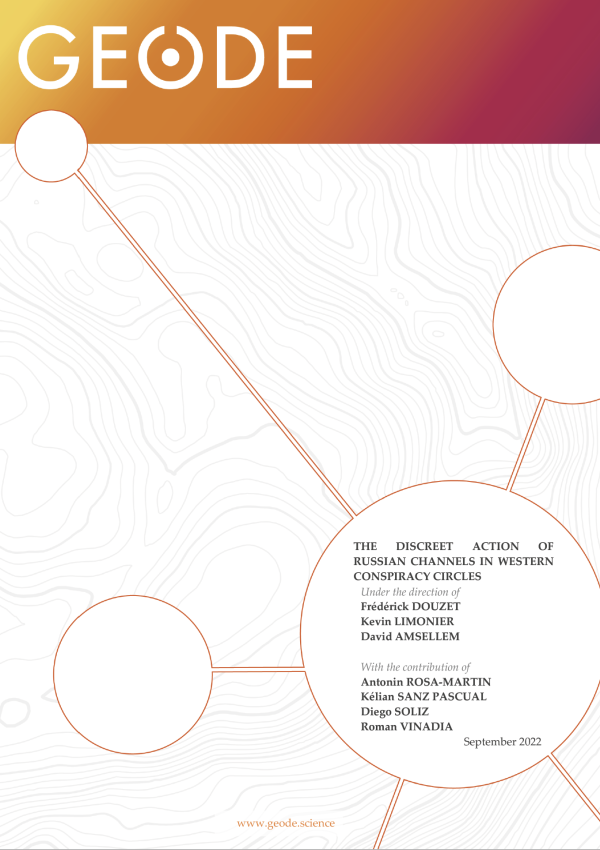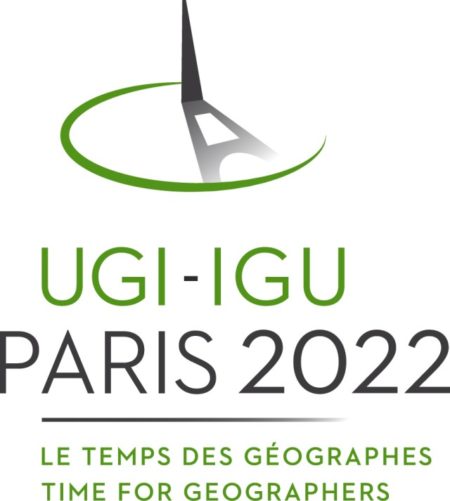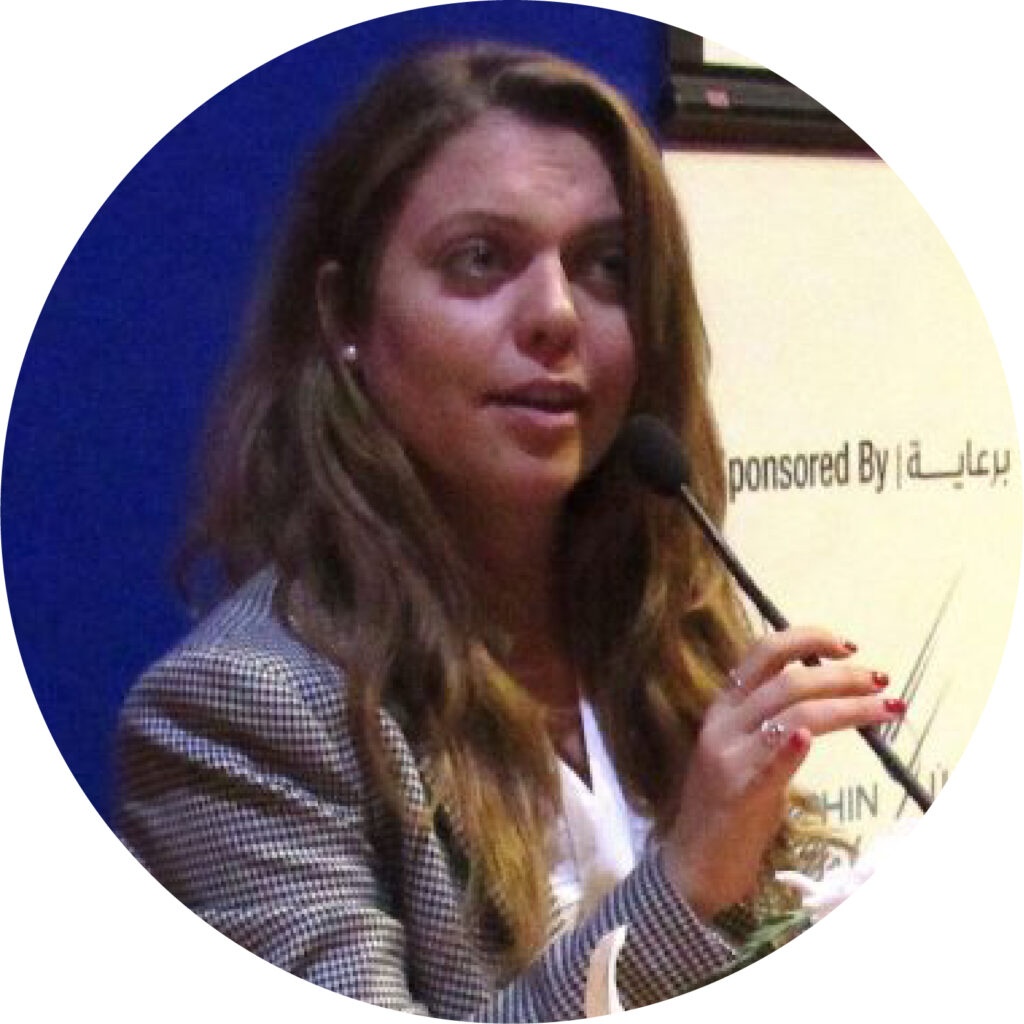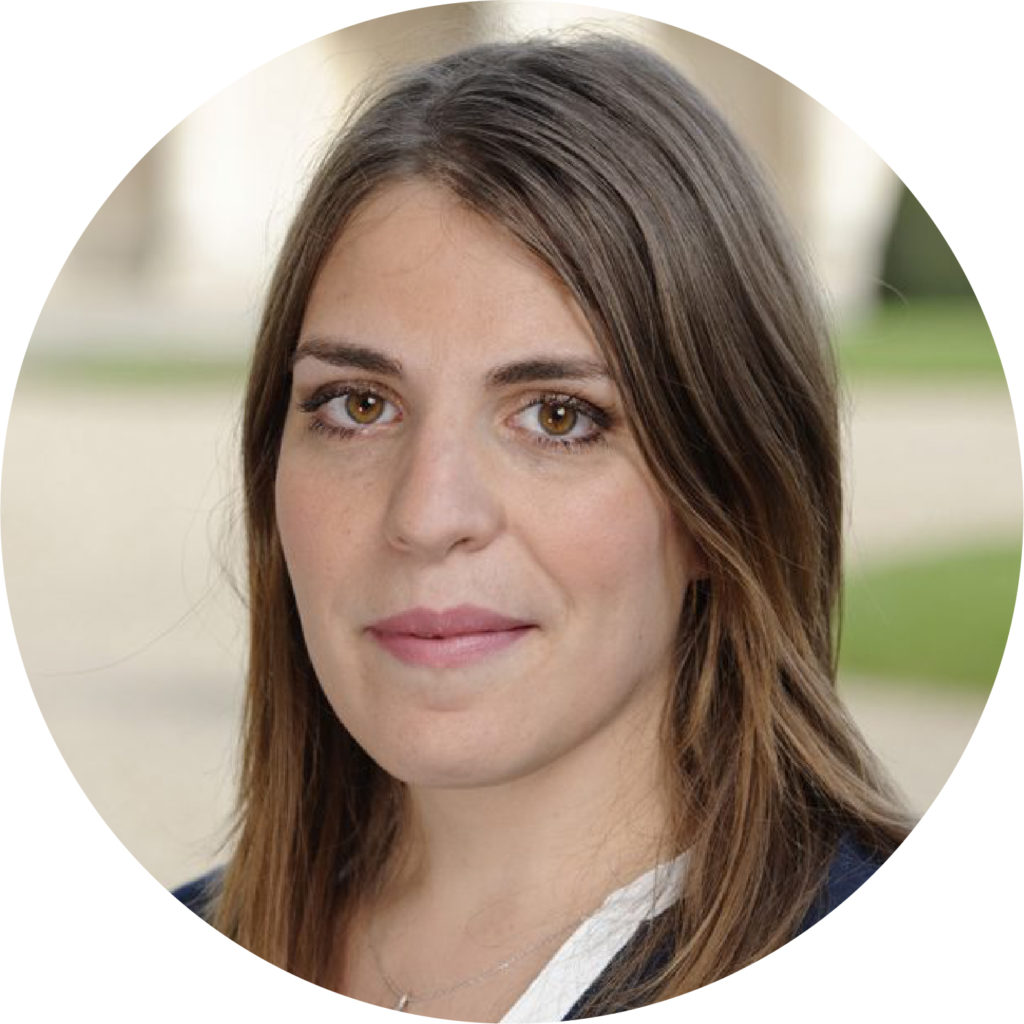Post doctoral contract at GEODE Project
Assignment
Attached structure: University of Paris 8 – Laboratory IFGLab, GEODE project (Geopolitics of the datasphere)
Address: 2 rue de la Liberté – 93200 Saint-Denis / 14 cours des Humanité 93330 Aubervilliers
Category: A – Research Engineer Equivalent
Nature of contract: Post-doctoral
Quota: 100%.
Expected duration of the assignments : 1 year
Salary: Between 27 000 and 30 000 euros brut per year depending of the experience
Job description
Description of the employer and of the affiliation structure
The University of Paris 8 is an institution of higher education with 22,500 students, 1,200 research professors and approximately 650 administrative staff. The university carries out training and research missions. Its activities are mainly focused on human and social sciences, arts and digital technology. As far as research is concerned, it has 26 research units and 7 mixed research units.
Geopolitics of the Datasphere (GEODE) is a multidisciplinary research and education project at the University Paris 8 dedicated to the strategic challenges of the digital revolution. It gathers researchers in geopolitics, geography, law, mathematics, computer science, history, sociology and philosophy from the University Paris 8, INRIA, The Ecole Normale Supérieure (ENS), the University of Paris Cité, the University of Bretagne Occidentale, the University of Savoie, the Saint-Cyr French Army Academy. Its goals are to enhance the understanding of the Datasphere as a new strategic environment, build capacity by training the next generation of academics and professionals, conduct critical applied research to inform the strategies and policies elaborated by governments, companies and institutions, and promote the norms building process to reduce conflicts, mitigate risks, and facilitate international cooperation to preserve the security and stability of the digital space.
www.geode.science
Tasks of the post
Research activities, tasks and expected results
- Name of the project : GEODE project (Geopolitics of the datasphere)
- Research activities / Content of the research project :
The post-doctoral fellow must be involved in at least one of the three research themes of the GEODE project:
- Cyber Policy and Digital Affairs
- Cartography of the Datasphere
- Cyber Warfare and Digital Operations
Research, collection and analysis of data
Participation in conferences and scientific events in France and abroad
Publication of scientific articles and publications for the general public
Participation in the organisation of events to promote the research of all GEODE teams (seminars, colloquium, conference, team travel)
To be determined according to the research project with the laboratory director at the beginning of the contract.
To be determined according to the research project with the laboratory director at the beginning of the contract.
Internal and external links
www.geode.science
Conditions of service and, where appropriate, particular hardship attached to the post
All travels related to the job will be paid by the laboratory.
Expected knowledge and skills
Expected training and experience
- PhD (or end of PhD) in Geopolitics, Law or Political Science on the strategic issues of the digital revolution
NB: the PhD must have been obtained less than 2 years ago in a different research lab
- The post-doctoral fellow must be involved in at least one of the three research themes of the GEODE project:
- Cyber Policy and Digital Affairs
- Cartography of the Datasphere
- Cyber Warfare and Digital Operations
Expected skills
- Good team-work abilities and interest in collaborating in an international/multidisciplinary environment
- Analytical and synthesis skills
- Excellent knowledge of cyberspace issues
- Excellent speaking and writing skills in English
- Reactivity
- Commitment
- Spirit of initiative
- Autonomy
- Good organizational skills
Contact person and affiliation form
To apply, please send, before February 15, 2023 :
- a CV
- a letter of motivation
- a written proposition of a post-doctoral thesis (3 to 5 pages)
- the list of the GEODE researchers that could be relevant for the desired topic of research
Contacts :
Administrative contact: Appoline Roy (appoline.roy@geode.science)
Research contact: Frédérick Douzet, Director of GEODE (fdouzet@gmail.com)
